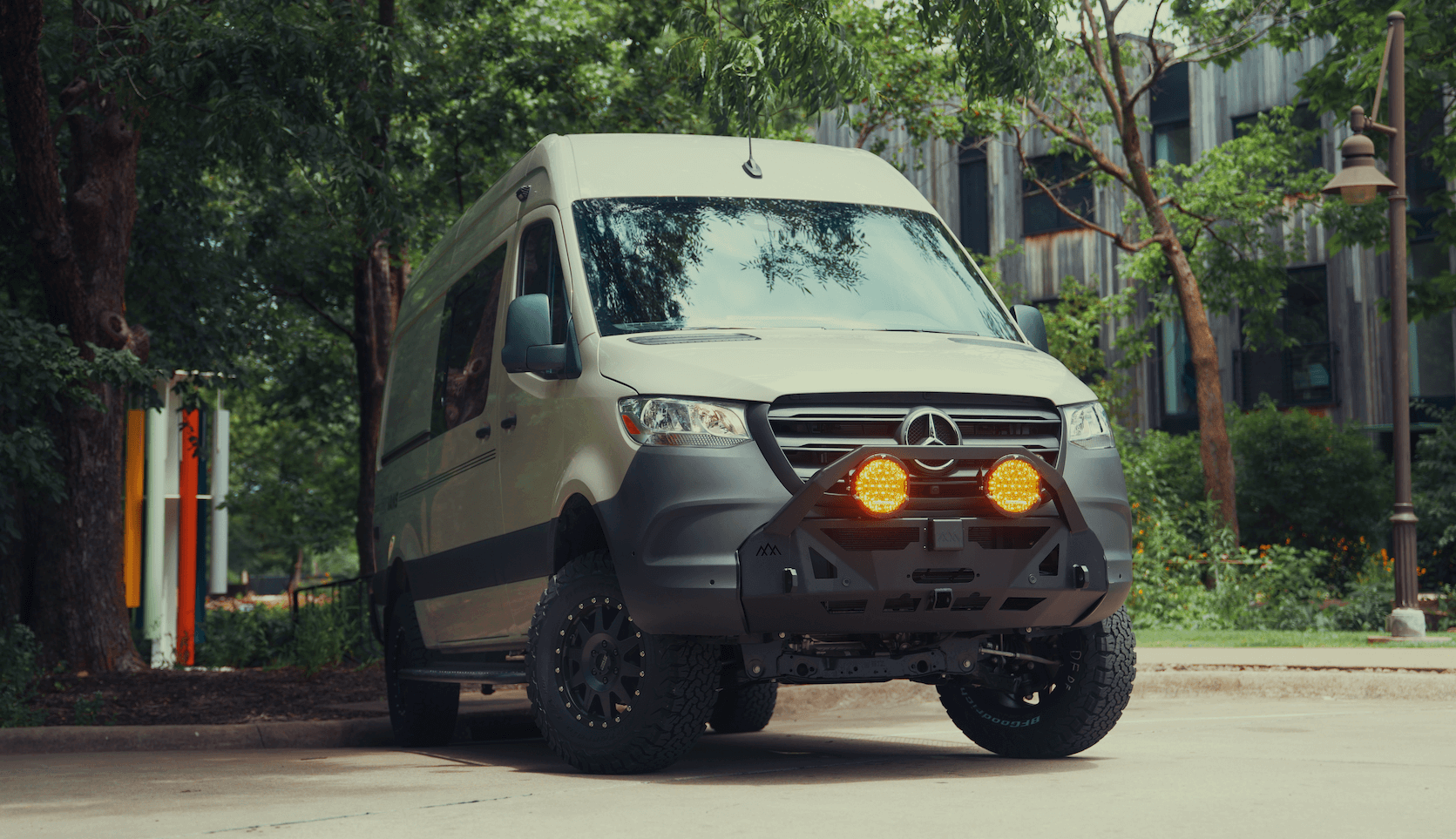Recreational Vans

Alternative housing covers any primary residence that falls outside the conventional single family home or apartment lease. This spectrum ranges from tiny homes on foundations or wheels, accessory dwelling units tucked behind a main residence, modular or manufactured homes built in sections, converted barns or shipping containers, and community based co housing. It also includes mobile living like vans, expedition trailers, and skoolies that provide a complete living environment with sleeping, cooking, and power in a compact footprint.
Total cost depends on more than the structure. Land or lot rent, utility connections, transportation, permits, site prep, taxes, and insurance all impact the budget. Tiny homes on wheels appear inexpensive at first glance, but parking, hookups, and long term compliance can add recurring costs. Modular homes reduce build time and waste, yet still require foundation work and local inspections. Mobile living solutions compress space and expenses but trade permanent address stability for mobility and minimalism.
Reliable off grid living rests on energy balance, insulation, ventilation, and safe heating and cooling. In compact spaces, heat load and moisture control matter as much as battery capacity. Storage design keeps cooking, clothing, tools, and sports gear accessible without clutter. Sound deadening, window coverings, and security hardware improve privacy and rest. For mobile setups, the best floor plans keep heavy items low and centered for safe handling while preserving clear interior pathways.
When a small footprint is planned with intent, alternative housing turns into a comfortable, resilient home. Start with the use case. Full time living demands adequate insulation, four season climate considerations, and dependable power. Part time travel can prioritize storage and quick setup. If work happens on the road, allocate quiet desk space, shore friendly connections, and stable connectivity. Finally, budget for the unseen items such as permits, contingency, and ongoing maintenance. These choices separate a clever concept from a livable, low stress home.
If your vision leans toward mobile living, a purpose built van or towable can deliver a complete home in a nimble package. Thoughtful electrical systems, safe plumbing, and crashworthy cabinetry raise comfort and reduce surprises. Interior layouts tailored to your hobbies or workday make the small space feel bigger and more useful. For many, this path blends alternative housing with adventure, giving you the freedom to live where the view is best.
Alternative housing is not one size fits all. The right solution matches your climate, travel plans, budget, and daily rhythm, then backs it with safe systems you can trust. If a mobile home on wheels suits your goals, our team in Fayetteville Arkansas designs and builds complete custom vans and partial upfits that favor reliability and ease of use. Share your wish list, timeline, and must haves, and we will map a clear path from concept to keys in hand.
Tell us how you want to live and travel. We will shape a simple, durable, off grid ready cabin on wheels that fits your budget and style. Start with our recreational vans, learn what a custom build van includes, or browse mainstream vans for finance friendly platforms.
Ready to turn alternative housing into a road ready reality? Tell us how you want to live and travel. Our Fayetteville Arkansas team designs and builds complete custom vans and upfits for simple, reliable, off grid comfort. Share your goals in the form and get a tailored plan and quote.
ADDRESS:
6159 E Huntsville Rd, Fayetteville, AR 72701
PHONE:
(479) 326-9200
EMAIL:
info@ozkvans.com